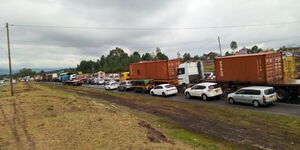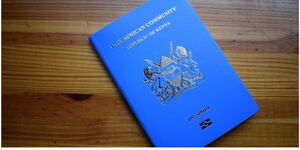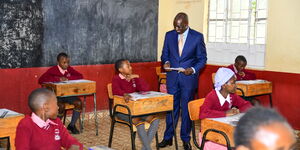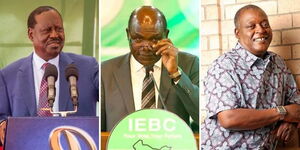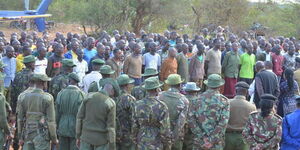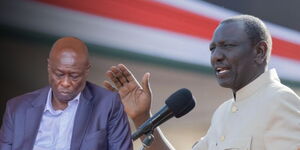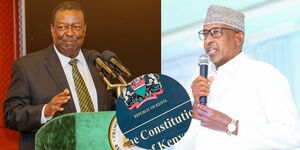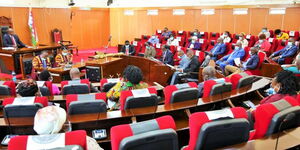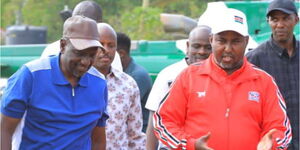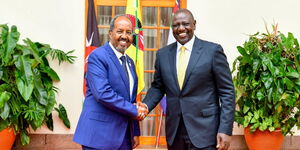After creating a parallel government in Nairobi, Sudan’s Rapid Support Forces (RSF) is tightening its grip on power, a move widely seen as part of its strategy to legitimise its rule.
The paramilitary force, locked in a brutal war with Sudan’s army, is now turning to diplomacy to strengthen its position as the dominant player in the country’s future, according to insiders.
According to officials who spoke to Reuters, RSF, which claims to be the rightful government of Sudan, is planning to usurp control from the Sudanese Army at the United Nations and other forums to cement its legitimacy.
"If you secure your country and stop the bloodshed, displacement, and terrorism... neighbours will recognise you," politician Ibrahim al-Mirghani, who is backing the new government, told the international publication.
RSF’s game plan appears to revolve around establishing itself as the face of Sudan’s civilian transition while simultaneously expanding its military dominance. By aligning with politicians in Taqaddum, RSF is rebranding itself as a legitimate governing force rather than a rogue militia.
"Militias are not given advanced weapons, but governments are ... Our priority is peace, but the government must defend its citizens, and we have the right to acquire aircraft and defence systems," al-Hadi Idris, head of an armed faction backing the planned government, told Reuters.
The RSF has denied it wants a government to import weapons but said it would have the authority to do so to defend its population.
Last month, the RSF signed a political charter with political parties and armed groups in Nairobi, creating the basis to form a parallel government. The signatories said a ‘Government of Peace and Unity’ would be formed within weeks from inside Sudan.
However, the fraction is now insisting it is the controlling government and is seeking to use diplomatic channels to cripple the Sudanese army. "We are not a parallel government, and we are not a government in exile; we are the legitimate government," Idris said.
The signing event, held in Kenya’s capital, saw the launch of a political charter by the RSF-backed Sudanese Coordination of Civil Democratic Forces (Taqaddum). Former Sudanese Prime Minister Abdalla Hamdok, who leads the group, hailed it as a “foundation for a civilian, democratic Sudan.”
But critics argue the event was a calculated power play by RSF leader Mohamed Hamdan Dagalo, known as Hemedti, aimed at securing international legitimacy.
Sudan’s military leadership swiftly condemned the Nairobi signing, accusing Kenya of siding with the RSF in the conflict. The Sudanese government, controlled by the army, has previously warned Nairobi against interfering in its internal affairs.
“Kenya has openly favoured one side in this war,” a Sudanese government official told Reuters. The tensions have left Kenya in a precarious diplomatic position, caught between its role as a regional peace broker and accusations of bias.
However, RSF’s brutal track record raises doubts about its commitment to democracy. The force has been accused of war crimes, including mass killings and ethnic violence in Darfur. A U.N. report documented “horrific” abuses by RSF fighters, fuelling concerns that its diplomatic push is merely a smokescreen for deeper authoritarian ambitions.
Meanwhile, Kenya’s role in RSF’s strategy cannot be ignored. Hosting the signing event has drawn backlash from Sudan’s army, which views Nairobi’s involvement as interference.
Khartoum previously expelled Kenya’s ambassador in the growing diplomatic rift. Yet, Kenya insists its role is purely diplomatic, with President William Ruto advocating for regional stability.

